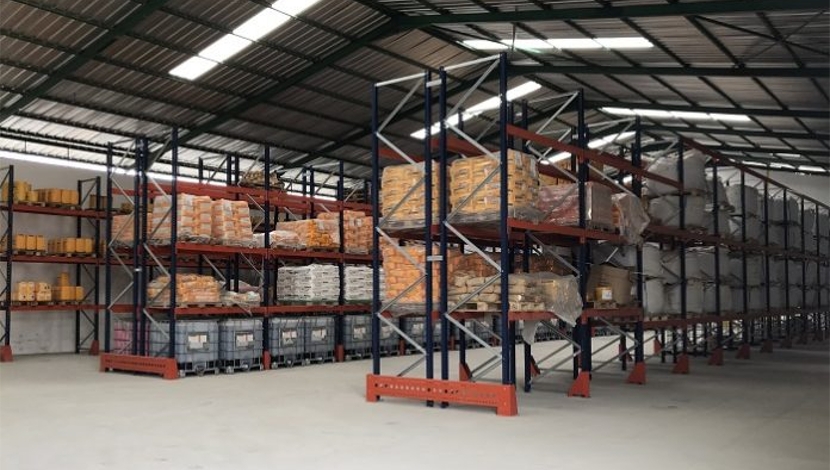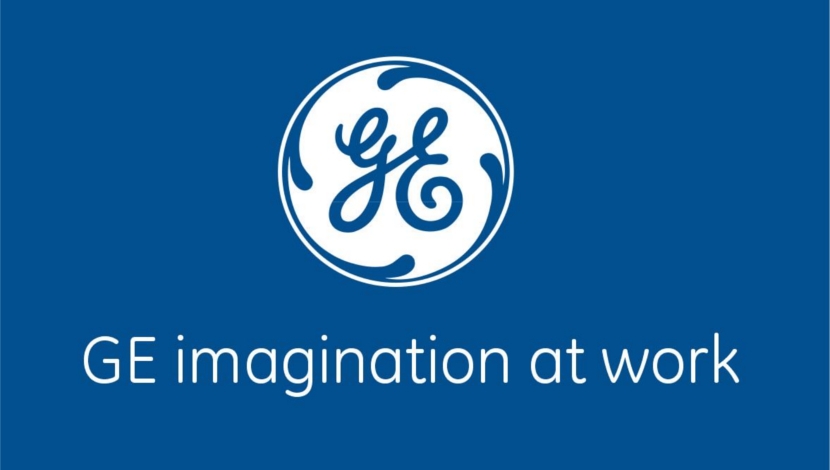
In an effort to expedite and improve the delivery and quality of infrastructure in the province, the Gauteng Department of Human Settlements (GDHS) Gauteng Professional Resource Team (PRT) programme is at the forefront of providing much needed integrated human settlements solutions.
South African black-owned engineering consulting firm, GIBB is the lead consultant in the most recent GDHS Gauteng PRT programme tender. Each PRT is a consortium of multi-disciplinary professionals whose mandate is to assess development feasibility, planning and design.
The PRTs also manage the delivery of appropriate housing interventions through concentrated deployment of resources in identified precincts, providing housing solutions that are responsive to the real needs of the community and to ensure sustainability.
The GIBB PRT aims to contribute to the strengthening and enhancement of the process of creating sustainable human settlements, in line with the National Department of Human Settlements Breaking New Ground strategy.
Vusi Radebe, GIBB technical executive: integrated infrastructure said, “Breaking New Ground is an initiative for the roll-out of integrated and sustainable human settlements in South Africa. The emphasis of the initiative is to radically transform the apartheid spatial legacy by ensuring there is viable and real social and economic integration of the previously marginalised sectors of our society.”
He added that integrated human settlements challenge all government departments and stakeholders to think and plan differently regarding the location and time of socio-economic amenities and services. The focus is on social and economic inclusion as well as on securing affordable tenure options. The bulk of beneficiaries are the previously disadvantaged masses who, for the first time in their lives, find themselves on the property ladder.
“Innovation and state-of-the-art technology is always ‘top-of-mind’ in project design reviews,” said Radebe. “For example, in the Mapetla Hostel Upgrading project, solar energy for water heating and the use of polymer plastics in place of copper (which attracts thieves selling to the scrap-metal market) is specified.
These initiatives protect assets and lower heating and maintenance costs. This project post implementation will completely transform the Soweto’s Merafe Railway Station precinct by enabling the development of a high-density mixed-used node.”
Programme appointments are renewed every three years in line with the GDHS’s procurement regulations. The strategy behind the PRT framework agreements programme is recognition by the Department that PRT’s are an important delivery mechanism to build and strengthen the technical capacity of the GDHS and ensure a steady stream of well-planned and designed projects.
The framework agreement approach is intended to make a significant contribution to the vision of economic, social and multi-cultural development of the province’s urban landscape.
More than 6,600 housing units are included in the current GIBB PRT project portfolio and each project has its own unique time-frame which is local-area dependent.
“Planning parameters of new housing projects try to address the legacy of apartheid, where new housing developments are deliberately being brought closer to economic activity, reducing commuters’ travel time and costs while promoting a more integrated society where infrastructure can benefit many people,” said Radebe.
Radebe believes that involvement in the programme of delivery for the past six years has created a position of expertise for the GIBB-led PRT. “In addition to a satisfied client, team members receive great satisfaction to be part of this positive transformation of society,” concluded Radebe.
More information from Rowan Sewchurran, Tel: +27(0)11 519 4600 / www.gibb.co.za





